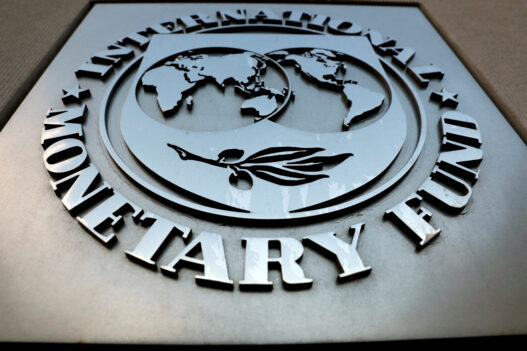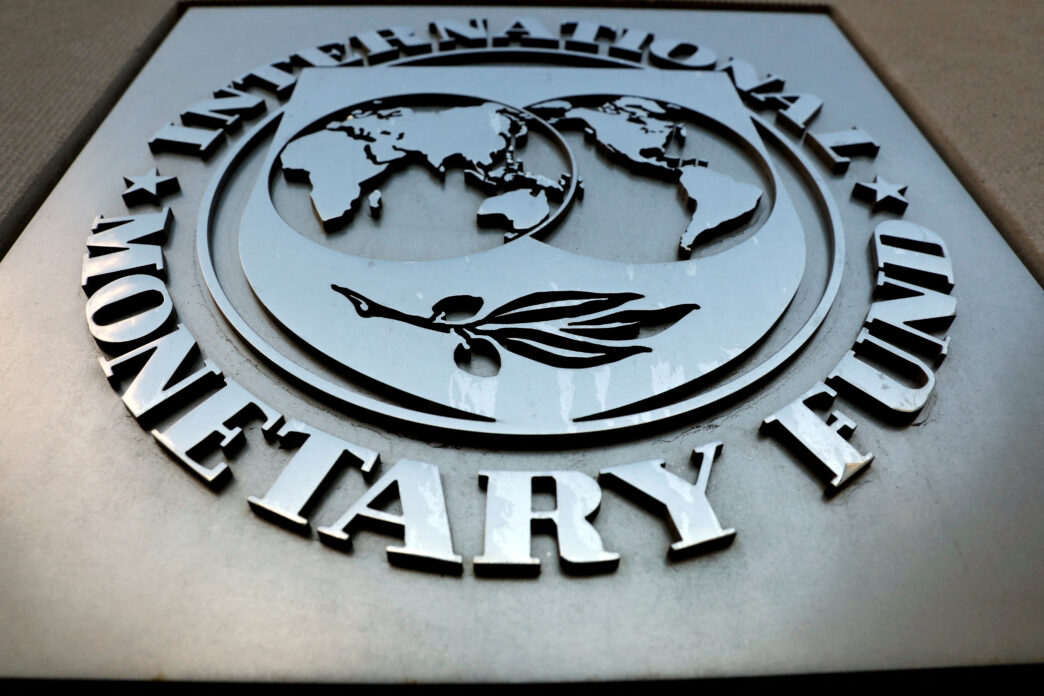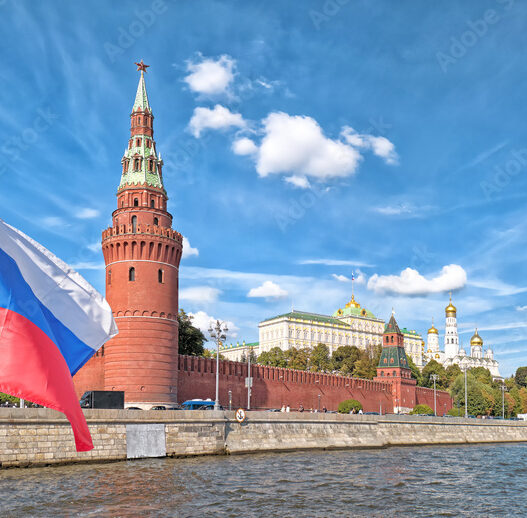The Perfect Storm Brewing in Global Finance
Powered by MasterCFA.com
The International Monetary Fund (IMF) and World Bank annual meetings are set against a backdrop of global uncertainty. Let’s dive into the key issues shaping the world economy.
What Happened?
Global finance leaders are gathering in Washington for the IMF and World Bank annual meetings. The discussions are overshadowed by:
- Ongoing wars in the Middle East and Europe
- Slow economic growth, particularly in China
- Uncertainty surrounding the upcoming U.S. presidential election
- Concerns about potential trade battles and reduced multilateral cooperation
Why Does This Matter?
Impact on the Economy
- Global growth forecasts are expected to be lackluster
- High debt levels are constraining economic expansion
- Potential shifts in U.S. trade and climate policies could disrupt international economic systems
Personal and Business Effects
- Families may face economic uncertainty due to slow growth
- Businesses, especially those involved in international trade, could be impacted by potential policy changes
- Emerging markets struggling with high debt service costs may delay crucial development investments
Theoretical Concepts in Action
Economic Theories at Play
- International Trade Theory: The potential for new U.S. tariffs highlights the importance of understanding trade policies and their global impact.
- Monetary Policy: The focus on the next Federal Reserve chair underscores the significance of central bank decisions on global economies.
- Fiscal Policy: Discussions about debt and borrowing reflect the ongoing debate about government spending and its economic effects.
- Economic Growth Models: The contrast between U.S. and India’s resilience versus China and Europe’s weakness illustrates different growth patterns.
Real-World Application
- Trade Wars and Tariffs: The Trump administration’s 2018-2020 trade war with China led to increased costs for U.S. consumers and retaliation from trading partners, demonstrating the real-world impacts of protectionist policies.
- Monetary Policy Spillovers: The Federal Reserve’s interest rate decisions have global repercussions. For instance, when the Fed raised rates in 2018, it led to capital outflows from emerging markets, causing currency depreciation and economic stress in countries like Argentina and Turkey.
- Fiscal Stimulus and Growth: Japan’s experience with massive fiscal stimulus packages in the 1990s and 2000s showed mixed results, highlighting the complexities of using government spending to boost economic growth.
What Could Happen Next?
- A shift in U.S. trade policy could lead to new tariffs and trade disputes
- Changes in climate cooperation could affect global efforts to transition to green energy
- Continued slow growth might force central banks to reassess their monetary policies
- Escalation of conflicts could disrupt oil and gas delivery, causing significant economic spillovers
Why You Should Pay Attention
Understanding these global economic dynamics is crucial for:
- Making informed investment decisions in an interconnected world
- Anticipating potential career opportunities or challenges in various sectors
- Preparing for personal financial planning in light of economic uncertainties
- Developing a broader perspective on how geopolitical events impact economies
Questions to Ponder
- How might a change in U.S. trade policy affect your country’s economy?
- What strategies could emerging markets employ to manage high debt levels?
- How does the interplay between monetary and fiscal policy shape economic outcomes?
- In what ways could the transition to green energy impact traditional economic models?
- How might the role of international financial institutions evolve in response to these global challenges?
Keep Learning with MasterCFA: Staying informed about global economic dynamics and their impacts is essential for any budding analyst. Dive deeper into these topics to enhance your understanding and prepare for the CFA Exam. Explore more insightful articles and resources with MasterCFA to stay ahead in your finance career.















